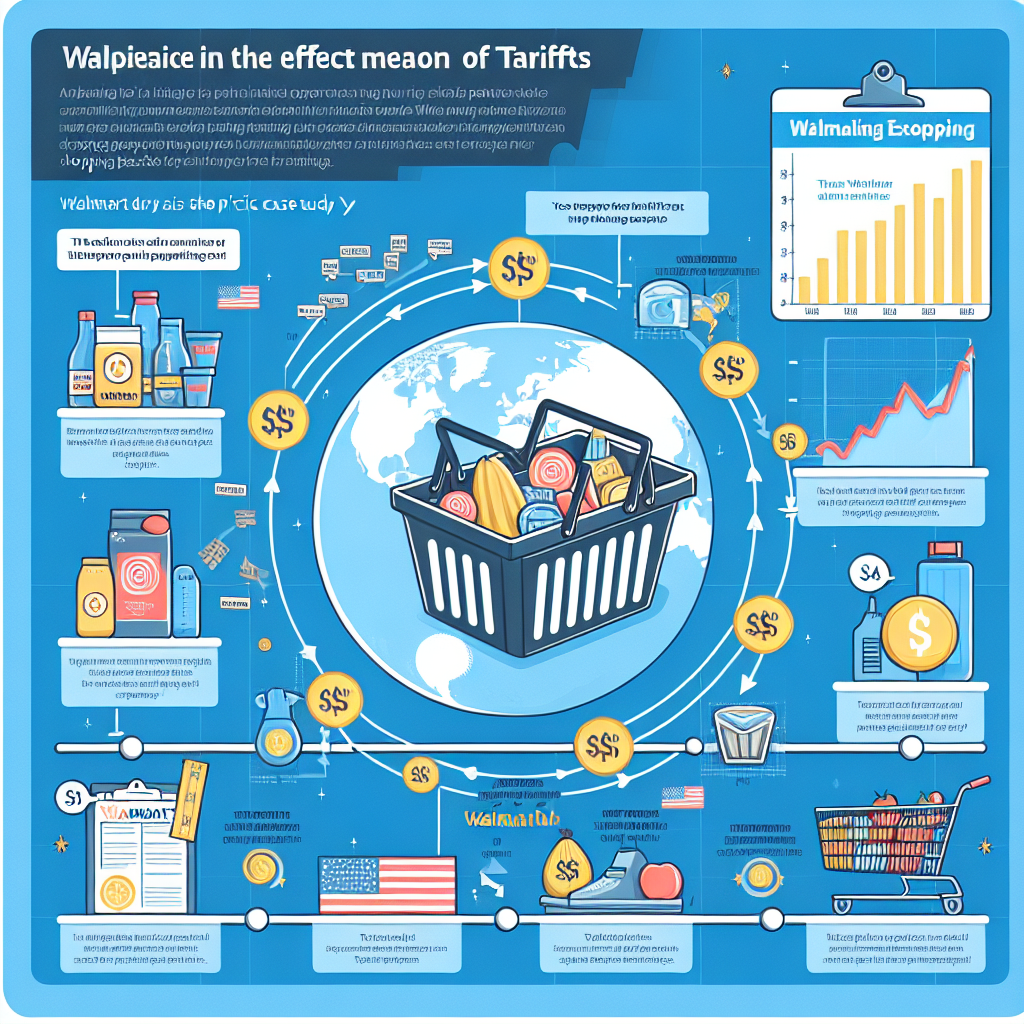The recent revelations concerning the timing of the Pfizer Covid vaccine data have added a significant chapter to the ongoing discussions and investigations into the global response to the pandemic. Details of this emerging story have been submitted to a House panel for further investigation, raising questions about transparency in the vaccine approval and rollout process.
Background of Pfizer’s Vaccine Approval
Pfizer’s Covid-19 vaccine was one of the first to receive emergency use authorization (EUA) from the FDA in December 2020. This authorization marked a critical milestone in the fight against the rapidly spreading coronavirus. The vaccine, developed in collaboration with BioNTech, has been a cornerstone in the global efforts to curb Covid-19 transmission rates.
Despite the original speed and efficiency in rolling out the vaccine, new information has come forward suggesting that there may have been undisclosed elements related to the timing of its data release and EUA application. The submission to a House panel indicates that the timeline and communication surrounding these events are under immense scrutiny, with calls for increased transparency from federal agencies and pharmaceutical companies.
The Nature of the Allegations
The allegations imply that data and findings that could have influenced the timing of the vaccine’s regulatory review were potentially held back or not fully disclosed. According to reports from ABC News and CNN, questions are being raised about whether the FDA and Pfizer could have accelerated the release or if any administrative delays in data sharing or processing took place. This has sparked debates around ethical standards and responsibility during emergency health responses.
Impact on Public Trust
The handling of the vaccine’s data and approval process plays a critical role in shaping public perception and trust. The implications of these new allegations could potentially impact vaccine confidence, especially among those already skeptical about Covid-19 vaccinations and the government’s role in public health mandates. As noted in a New York Times article, maintaining transparent communication is crucial for public trust and vaccine uptake.
Response from Pfizer and Government Bodies
Both Pfizer and federal agencies have responded to these allegations. A spokesperson for Pfizer emphasized the company’s commitment to transparency and cooperation with all ongoing investigations. Meanwhile, the FDA has reiterated its rigorous standards in vaccine approval processes, ensuring that all reviews are science-based, thorough, and conducted independently.
The Department of Health and Human Services also noted that, while these are serious allegations, they guarantee all necessary steps are in place to ensure public safety. The outcomes from the House panel’s investigation will be highly anticipated, providing further insights and possibly expanding on current standards of procedure for future scenarios.
In summary, the submission of these allegations to a House panel reinforces the need for accountability and clarity in the world’s ongoing battle against Covid-19. As more details unfold, the public, government bodies, and health organizations will closely monitor the proceedings to ensure that safety and transparency remain at the forefront of all pandemic-related actions.









